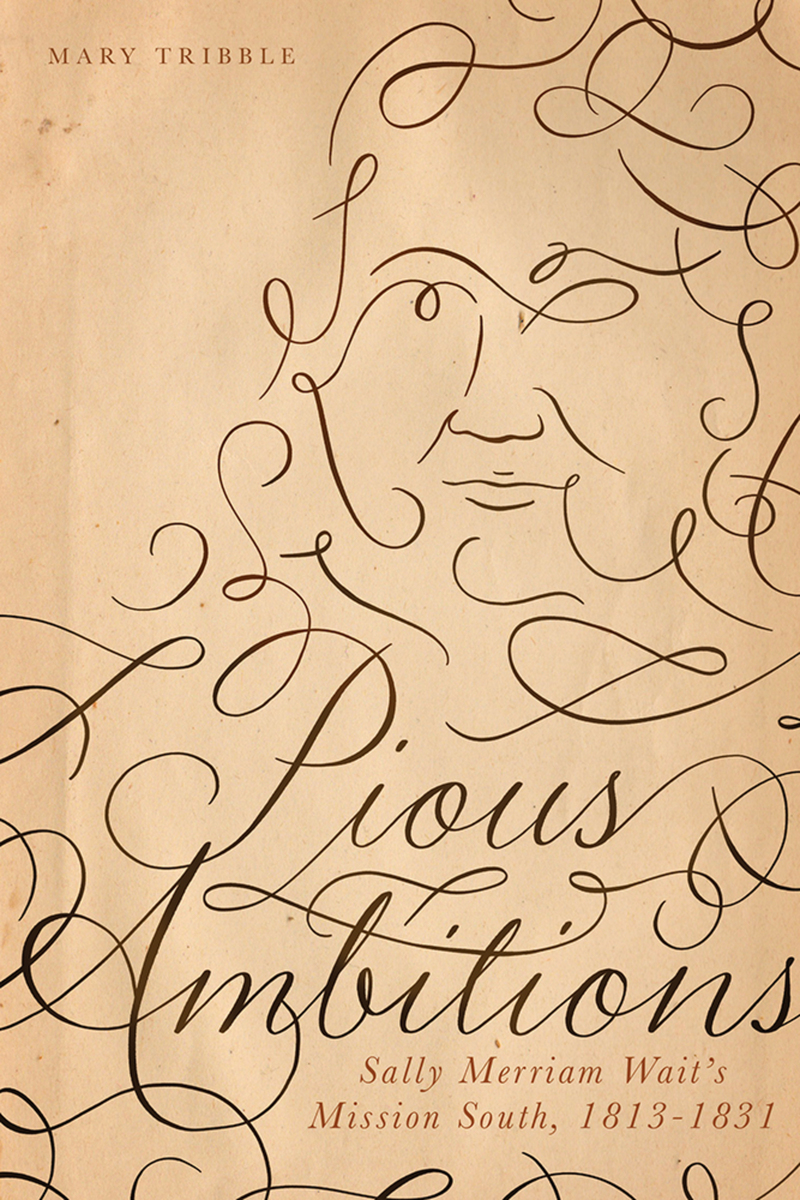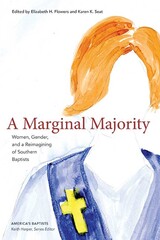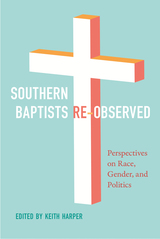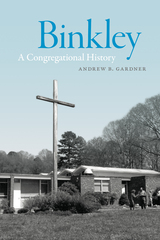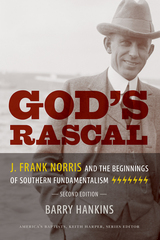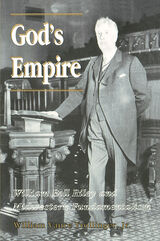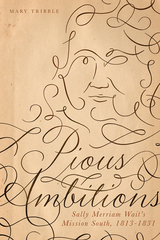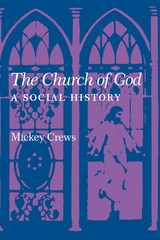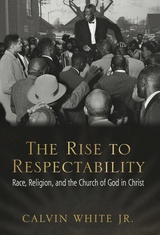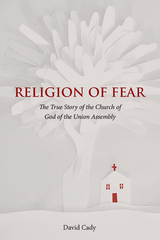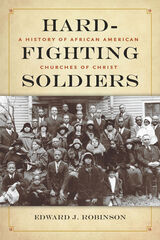Paper: 978-1-62190-683-4 | eISBN: 978-1-62190-684-1
Library of Congress Classification BX6495.W275
Dewey Decimal Classification 286.1092
In 1812 at the age of nineteen, Sally Merriam Wait experienced her conversion. For those raised in an evangelical church during the religious fervor of the Second Great Awakening, conversion represented a key moment in a young person’s life, marking the transition from childhood and frivolity to the duties of a pious life. Sally’s conversion also marked the beginning of her journal.
Wait grew up in a New England swept with revival. Her letters reveal a northernborn woman with anti-slavery leanings engaging with an unfamiliar environment in the slave-holding South; she comes to embrace the principles of a market economy in Jacksonian America, while attending to her developing religious faith. Her decisions are shaped by a surging evangelical movement, changes in the American economy, the rise of women’s social agency, a fracturing of political traditions, and the moral conflicts inherent in a slave economy. At its simplest, Sally’s life is the tale of a nineteenth-century woman endeavoring to make her mark on the world while striving to develop her faith.
Pious Ambitions establishes Sally Merriam Wait as a significant figure in North Carolina and Baptist history. Her ambition led her from young convert to devoted wife of Reverend Samuel Wait, the first president and founder of Wake Forest University. Her journal was passed down carefully from generation to generation until it found its way in 1993 to the Special Collections and Archives at Z. Smith Reynolds Library at Wake Forest University in Winston-Salem, North Carolina, along with a large cache of letters and other documents. In examining this trove and reconstructing the life of Wait, Mary Tribble provides a rare glimpse into the spiritual education of a young woman who nevertheless successfully navigated the rise of capitalism in the market economy of the early nineteenth century.
See other books on: Baptist | Baptists | Missions | North Carolina | Sexuality & Gender Studies
See other titles from University of Tennessee Press
